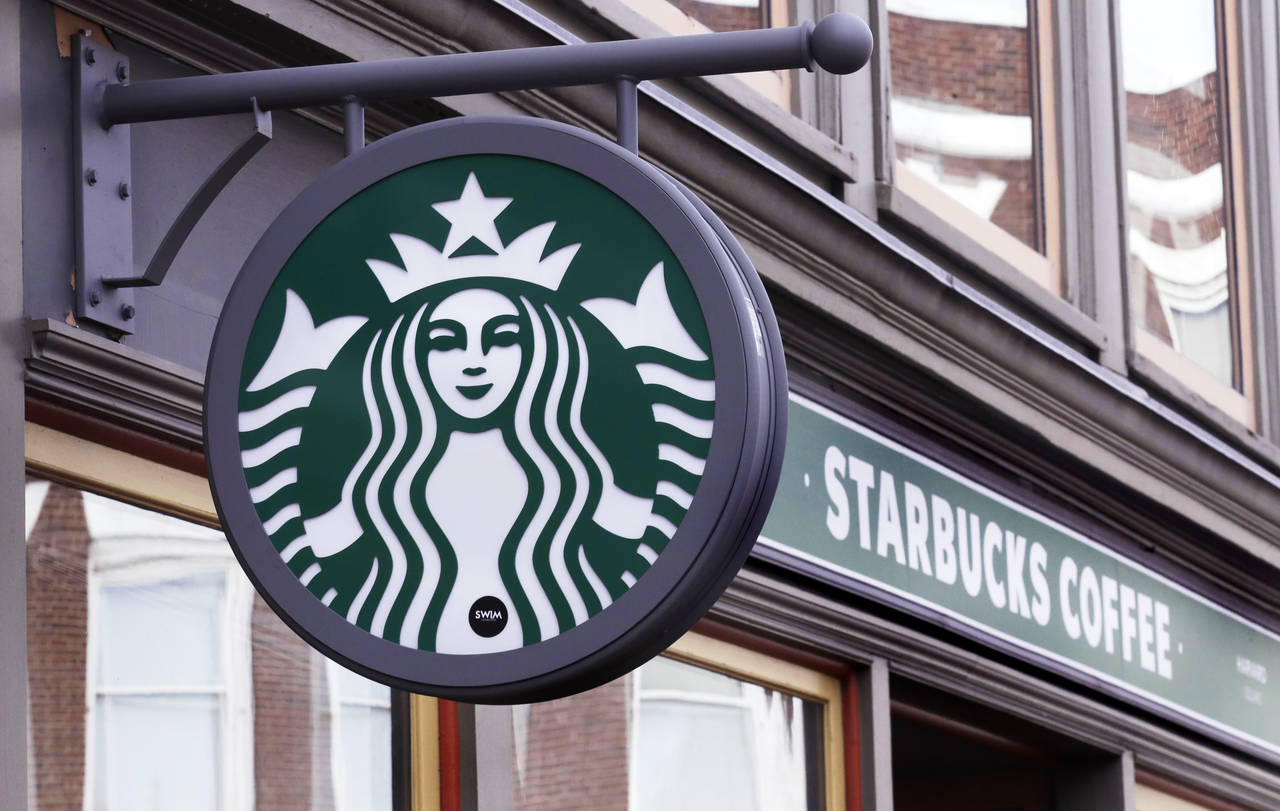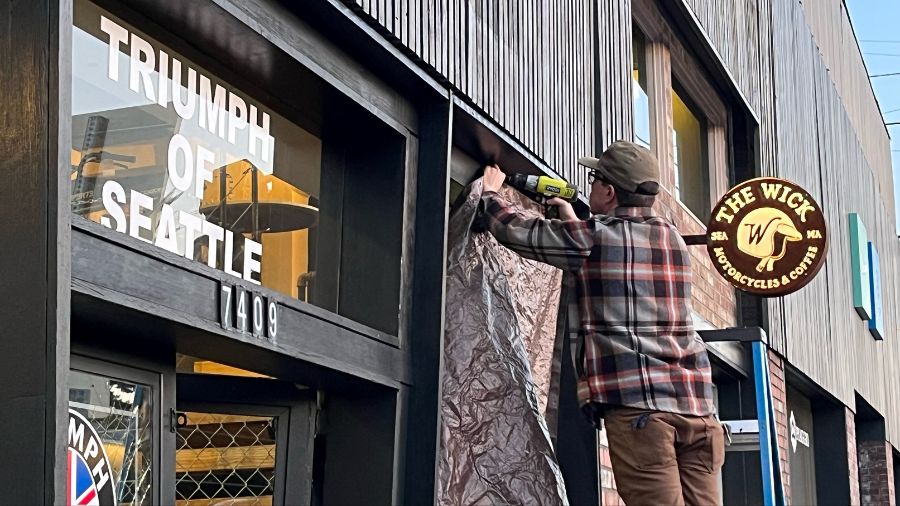Seattle considers bikeshare rules while riders set national records
Jul 10, 2018, 3:22 PM | Updated: 5:15 pm

(Matt Pitman)
(Matt Pitman)
One year and 10,000 bikes later, Seattle is nearing a decision on its bikeshare pilot. And despite common complaints, Seattleites are proving that the rides are quite popular.
“The Emerald City was the first major US market to embrace dock-free bike sharing technology in the summer of 2017. Now, it’s become the first city in North America to reach the industry’s two-comma milestone,” Limebike states in an announcement this month, noting that the bikeshare company has provided more than 1 million rides to customers in Seattle since it rolled into town.
That’s the most rides a bikeshare company has boasted in the country. And the one million rides are just on Limebike alone, not counting the two other companies in town — SPIN and ofo. Limebike says it adds up to 30 laps around the Earth, offsetting more than 650,000 pounds of CO2. Limebike is also the only company that offers an electric bike option, which it hints has been a competitive advantage in Seattle. The company launched about 500 in February and has the largest e-fleet in America.
Future of Seattle bikeshare rules
Seattle has therefore become a testing ground for the stationless bikeshare model, The Seattle Times reports. Other cities are observing the city’s program to solve any glitches ahead of time.
RELATED: Regional Eastside bikesharing program likely coming
Postponed for about a month, Seattle Department of Transportation still must finalize bikeshare rules and regulations. The Seattle City Council is expected to consider the results of the bikeshare pilot in late July — if SDOT doesn’t delay again.
The Times notes that some cities are including parking regulations in their rules. Seattle has a few parking rules for the bikes, but that doesn’t stop them from ending up where they don’t belong or blocking sidewalks. SDOT has responded by testing bike stalls in Ballard to encourage proper parking.
The Times also reports that other cities require bikeshare bikes to lock to racks — something that current bikeshares in Seattle cannot do. JUMP, a fourth company planning to launch in Seattle once the city formalizes its permitting program, does operate by locking to bike racks.
Among the top issues city officials will consider, post-pilot, is how much to charge the bikeshare companies to operate in town. The bikeshare pilot charged $146 for an annual permit, $209 per hour for the city to review that permit (estimated to cost a total of $1,672) and $15 per bike. With an estimated 10,000 bikes on the street, Seattle has likely made $150,000 just off the per-bike fee.
In the future, that money could be used to pay for bikeshare-related purposes. One example: Fees could be used to fund parking enforcement for the bikes, which are commonly strewn in grassy areas or simply improperly parked. The City of Dallas has done just that.













